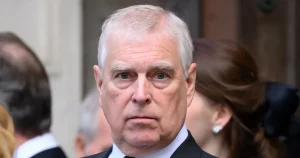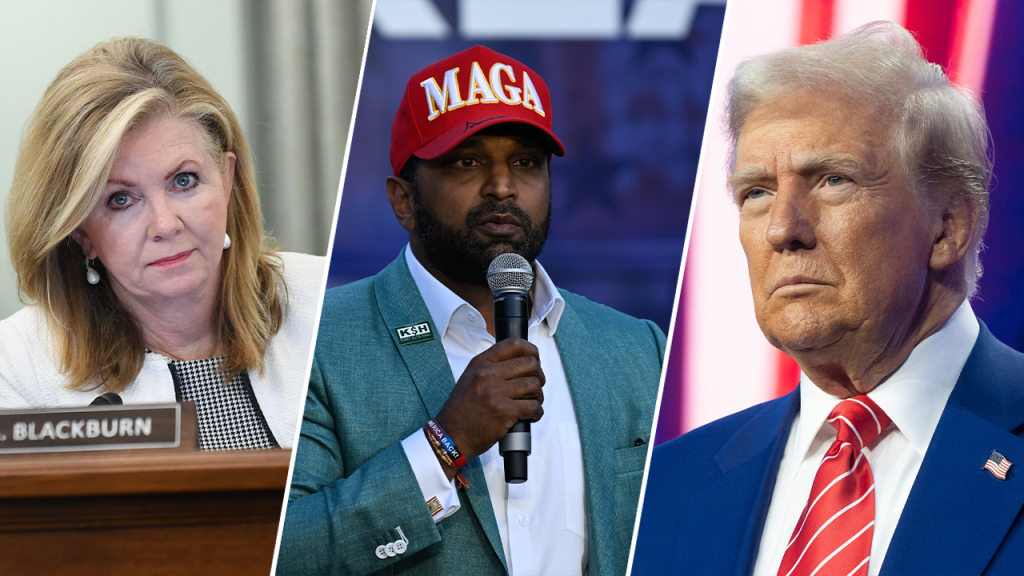The New Year’s Eve attack on Bourbon Street in New Orleans, initially dismissed as non-terroristic by the FBI, quickly evolved into a full-blown terrorism investigation, sparking a wave of criticism directed at the agency. Shamsud-Din Jabbar, the attacker, drove a truck through revelers, killing 15 and injuring dozens. Armed with a Glock and a .308 rifle, Jabbar subsequently engaged in a firefight with police, resulting in his death. The discovery of an ISIS flag in his vehicle prompted the FBI to reclassify the incident as an act of terrorism, contradicting their earlier assessment. This abrupt shift ignited controversy and raised questions about the FBI’s initial handling of the situation.
The initial FBI assessment, delivered by Assistant Special Agent in Charge Alethea Duncan, declared the attack unrelated to terrorism. This contradicted the statement of New Orleans Mayor LaToya Cantrell, who simultaneously asserted the incident’s connection to terrorism during the same press conference. The FBI’s later reversal, confirming the terrorist nature of the attack and citing the presence of the ISIS flag, further fueled the controversy and amplified calls for accountability within the agency. The conflicting narratives from the FBI and the mayor created confusion and sowed distrust in the agency’s initial judgment, highlighting a perceived lack of coordination and communication.
The FBI’s perceived missteps provided fodder for criticism, particularly from allies of former President Donald Trump, who seized the opportunity to advocate for Kash Patel, Trump’s favored candidate for FBI director. Accusations emerged that the FBI’s response lagged behind media outlets, with reporters reportedly arriving at the suspect’s Texas residence before federal agents. This perceived tardiness further fueled the narrative of incompetence and contributed to the growing criticism of the bureau. The New Orleans attack became a focal point in the ongoing debate about leadership within the FBI and the agency’s overall effectiveness.
Senator Marsha Blackburn, a staunch supporter of Kash Patel, lambasted the FBI for its handling of the attack, linking the incident to the need for strong leadership within the bureau. She emphasized the necessity of a “fearless fighter” like Patel to lead the FBI, suggesting that his appointment would prevent future failures. Blackburn amplified the criticism surrounding the FBI’s delayed response to the suspect’s residence, questioning the agency’s competence and highlighting the apparent disparity between their actions and those of journalists on the ground. This criticism contributed to the broader narrative that the FBI was in need of reform and new leadership.
Trump also weighed in, attributing the attack to President Biden’s border policies, a recurring theme in his rhetoric. He criticized Biden’s handling of immigration and linked it to a rise in violent crime, including acts of terrorism. This politicization of the tragedy further intensified the debate surrounding the attack and its implications. Trump’s remarks framed the incident as a consequence of Biden’s policies, aiming to delegitimize his presidency and bolster his own political agenda.
President Biden, in his response, acknowledged the tragedy while emphasizing the resilience of New Orleans. He expressed his condolences for the victims and praised the city’s spirit, stating that it would “never, never, never be defeated.” This message sought to offer comfort and reassurance in the face of tragedy, while acknowledging the devastating impact of the attack. Biden’s approach focused on unity and resilience, aiming to console the affected community and project strength in the face of adversity. The contrasting responses from Trump and Biden further highlighted the deep political divisions surrounding the event and its interpretation.














